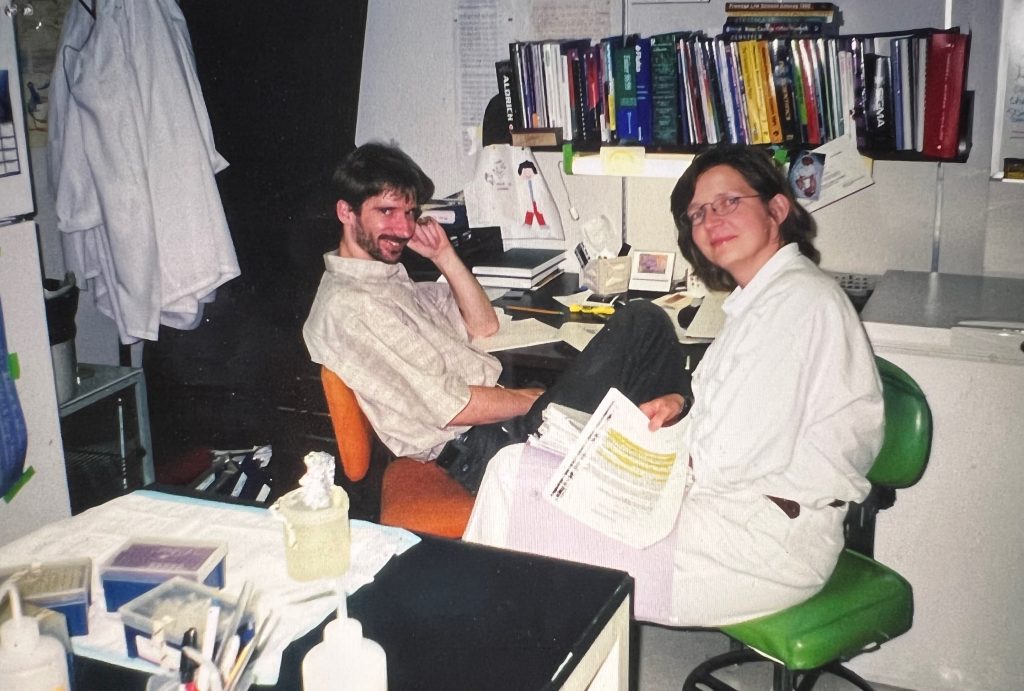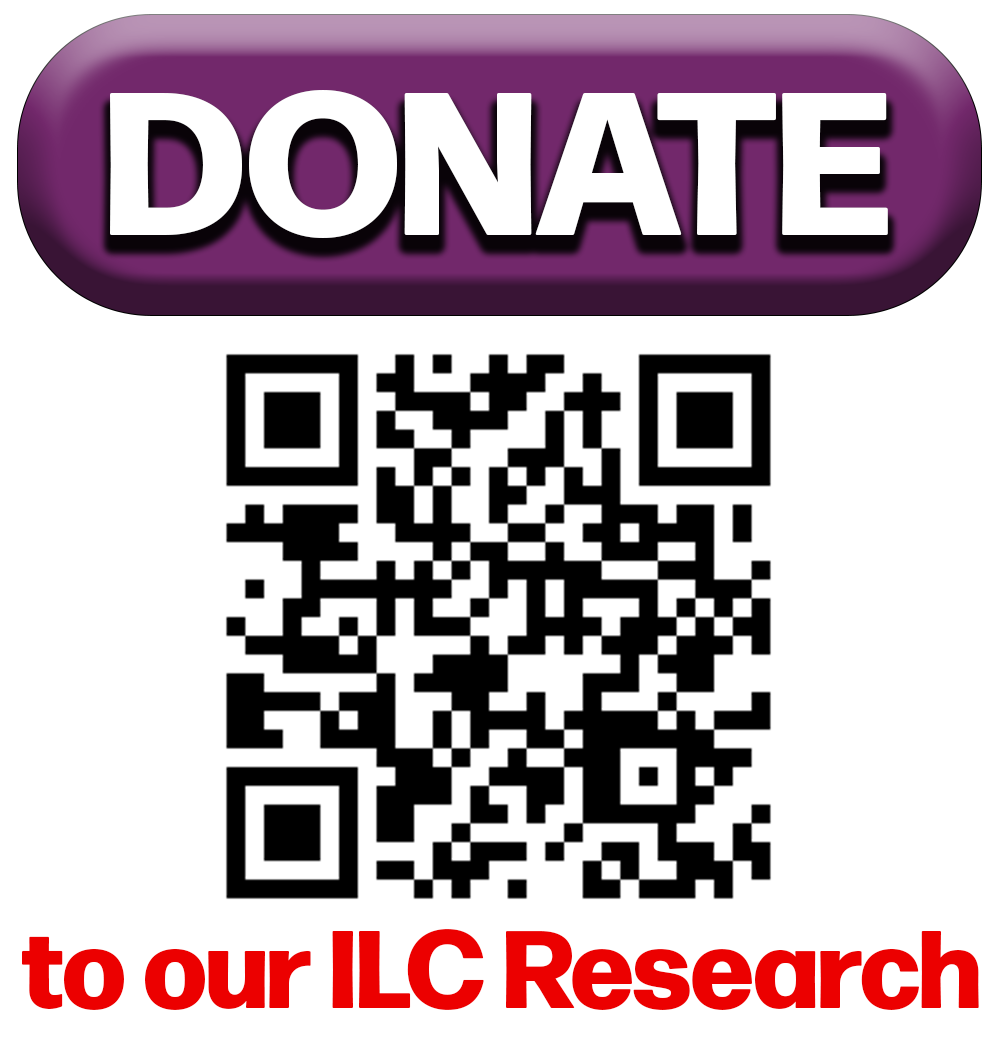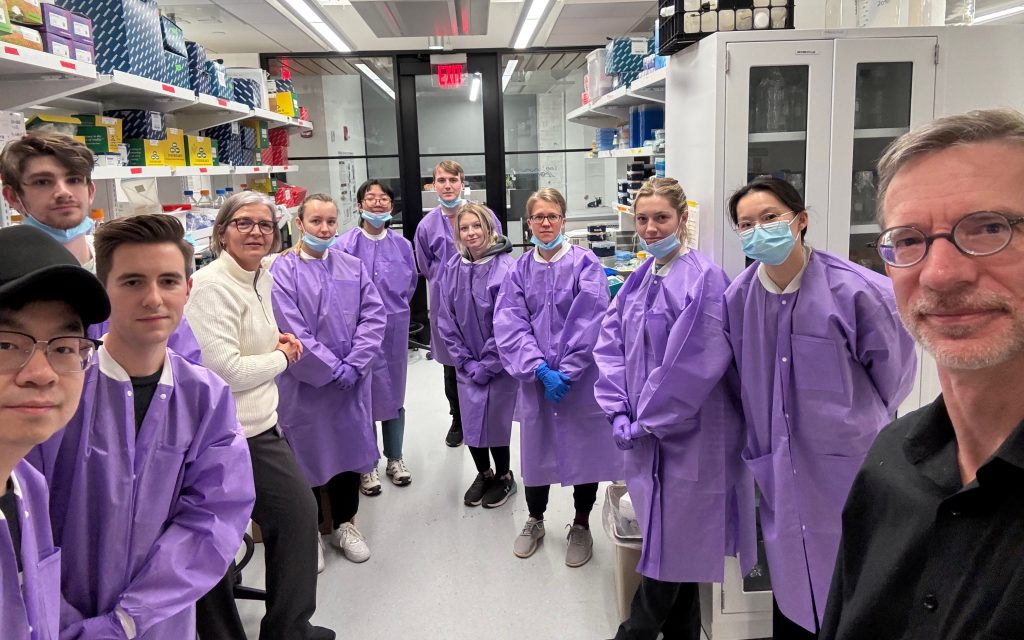
Drs. Steffi Oesterreich and Adrian Lee discussing reviewers’ comments from ‘Tamoxifen-bound estrogen receptor (ER) strongly interacts with the nuclear matrix protein HET/SAF-B, a novel inhibitor of ER-mediated transactivation. Oesterreich S, Zhang Q, Hopp T, Fuqua SA, Michaelis M, Zhao HH, Davie JR, Osborne CK, Lee AV. Mol Endocrinol. 2000 Mar;14(3):369-81. doi: 10.1210/mend.14.3.0432.PMID: 10707955.
This is taken in 1999 in our lab when we first started in Dr. Oesterreich’s office as Junior Faculty – in the middle of a lab.




























